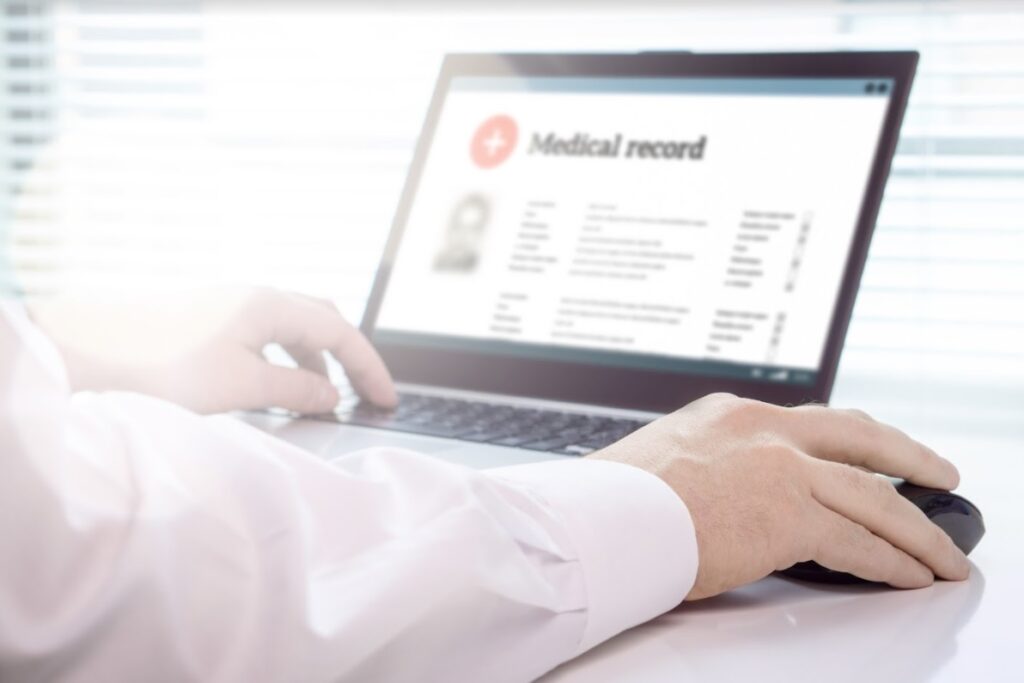Unfortunately, medical identity theft is one of the most common forms of fraud worldwide. It consists of criminals stealing and using information that doesn’t belong to them. In this case, medical identity concerns your personally identifiable information like your name and health plan number.
There is a caveat, keeping this information hidden can be difficult these days. As the world becomes more digital, there is more opportunity for theft; naturally, you must take proactive steps to avoid falling victim to fraud. Some proactive steps may include simply not entering the information into technology; however, this doesn’t solve the issue when doctors begin using online services. To keep your medical information safe, have a firm grasp of the online threats you face and the consequences of falling victim.
Protect Your Social Security Number
Most people are taught from a young age that they must protect their social security number (SSN) without fail. Adults raised with this mindset are cautious of giving out this information, protecting them from potential criminals. However, unless a person has explicitly been told to protect their SSN, they won’t know they must.
Do not give your SSN to untrusted providers or anyone over the phone. Malicious actors can call you and pretend to be a medical provider to obtain information. Additionally, make sure not to directly throughout documents with sensitive information on them—shredding them before tossing them is your best path for disposal.
Read All Medical and Insurance Statements Carefully
In today’s ever-increasing paperless society, consciously reading our medical, insurance, bank, and credit statements is vital. These documents are the only way to obtain information directly from the source and verify its accuracy. That’s bad news if a criminal has added their medical information to their victim’s.
Keep on top of your medical identity monitoring by asking for a copy of your medical history from professionals. Pharmacies, labs, doctors, and health plan providers can give you a copy if you ask. Additionally, when you go to the doctor with insurance, your insurance provider will mail you an Explanation of Benefits; these accurately reflect your year-to-date medical expense history.
Do Not Share Your Medical Information
Treat your medical information like your SSN; if someone asks for it online, verify they are the correct party. Avoiding theft and fraud may be difficult, depending on the information you are entering. You’d never enter your SSN into a shady exercise application—would you enter your name, birthday, location, and contact information?

There are also other fears to be worried about with medical information and electronics. Wearables, devices, and applications require this information to make contact accounts. The average person likely has many accounts across multiple platforms, too; this can make it difficult to judge the importance of your identifying info. This makes it more likely that you will share it with the wrong people.
Get a Copy of Your Medical Records
The best way to avoid the theft of your information is by having consistent medical identity monitoring. Do this by checking your medical records at least twice a year. Get a copy of your medical records from your doctor after every visit or procedure. Take care, however, that you protect these documents. Criminals can use their information against you in various ways, including in court.
Those who live with roommates or other adults must put in additional effort to ensure their information is safe. As mentioned before, friendly fraud involves people who know each other. Everyone is in danger of medical fraud; friendly fraud just makes the outcomes more emotionally draining.
Victims of Medical Identity Theft Face Big Consequences
Victims of medical identity theft face significant consequences—none of them is their fault. For example, if the fraudsters use your info to get prescription drugs, then overdose or commit other crimes. Additionally, their health information will mix with yours—that’s bad if you have allergies or a different blood type.
The best way to avoid these issues is by being proactive and possessive of your medical information. It will always be easier to take simple steps now to prevent identity theft than to combat the consequences later.
